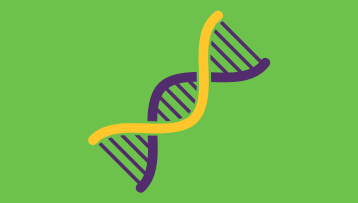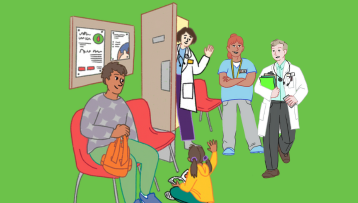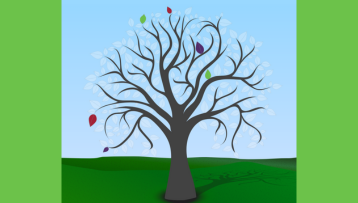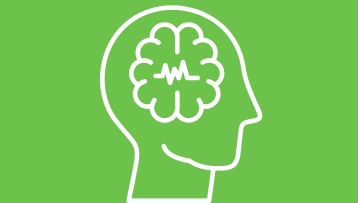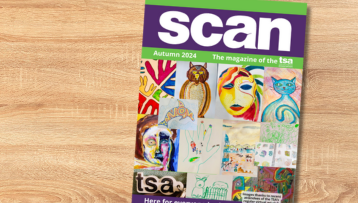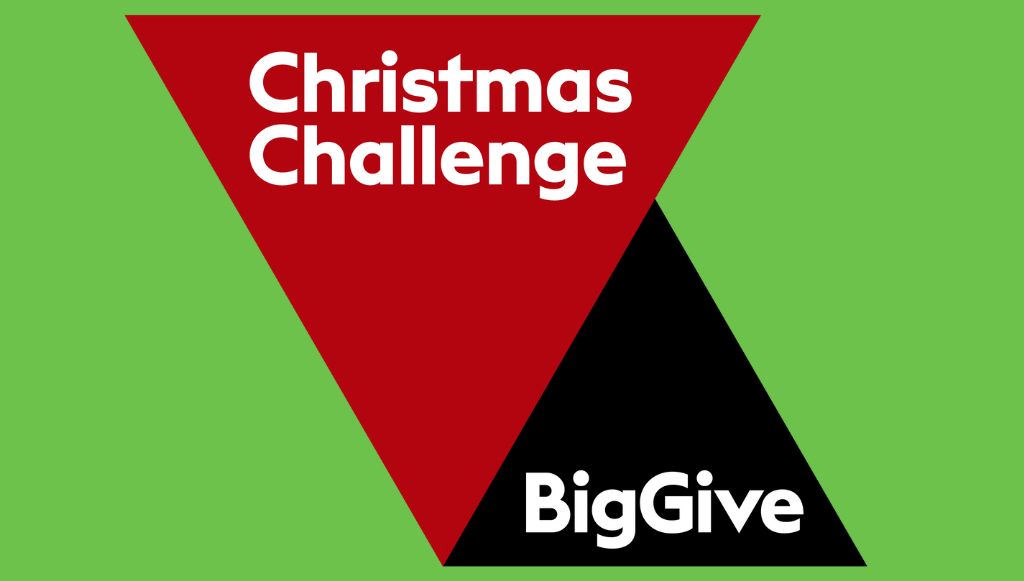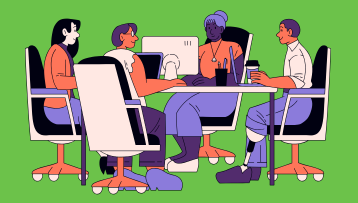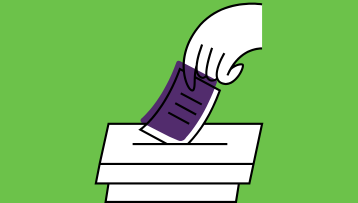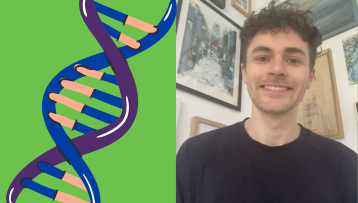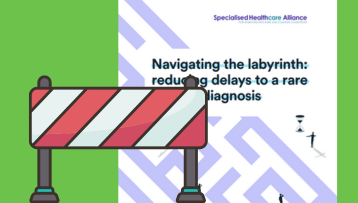Many of our community will have seen the ongoing debate in the British media about the use of cannabis for medical purposes, in particular in the treatment of epilepsy.
This will undoubtedly raise questions for many people as to whether this could be a help for TSC-related epilepsy.
Past research and reviews have shown there are several hundred different chemical compounds that can be extracted from cannabis (ref 1). Until recently, this research was limited to animal models of disease which showed that some components from cannabis seem to improve seizure, some can make it worse, and some are neutral.
The compound from cannabis that appeared to help epilepsy, cannabidiol (CBD), has been isolated and purified by several pharmaceutical companies. This purified CBD has been used in carefully run controlled, clinical trials to test whether or not they affect seizures and whether there are any significant side effects, including possible interactions with other medicines. Early encouraging results (ref 2,3) have recently been supported by positive results from three separate, late stage (Phase 3) clinical trials in Dravet Syndrome and Lennox-Gastaut Syndrome (ref 4,5,6).
These clinical trials have shown that CBD can control symptoms of epilepsy. However, it is not known what effect tetrahydrocannabinol (THC), another major component from cannabis which causes the high sought by recreational cannabis users, has in epilepsy. THC causes mixed effects in animal models of epileptic seizures; sometimes making them worse and sometimes improving them (ref 7).
At the present, there is no evidence from controlled, clinical trials about THC in epilepsy. Medicines containing THC are approved for use in the UK to treat symptoms such as pain and spasticity in multiple sclerosis, and nausea and vomiting associated with chemotherapy. These medicines carry warnings against use by people with a history of seizures.
To properly ascertain whether CBD is an effective treatment for TSC related epilepsy, large scale randomised controlled trials are necessary. These are progressing world-wide and will soon include patients in the UK. Once these trials are complete, evidence will be available for regulatory and governmental bodies to make the decision whether CBD can be prescribed and funded as a treatment.
Products that claim to contain CBD are available to legally purchase in the UK, but this cannot be sold as a medicinal product and is not licensed by the Medicines and Health Care Regulatory Authority (MHRA). The current debate in the media is about cannabis oil rather than CBD in particular. This cannabis oil is not legally available. Cannabis oils can vary in purity (ref 8), and no formal investigations of their efficacy and safety have been conducted.
References:
1. Elsohly MA, Slade D. Chemical constituents of marijuana: the complex mixture of natural cannabinoids. Life Sci 2005;78:539-548.
1. Elsohly MA, Slade D. Chemical constituents of marijuana: the complex mixture of natural cannabinoids. Life Sci 2005;78:539-548.
2. Devinsky O, Marsh E, Friedman D, Thiele E, Laux L, Sullivan J, Miller I, Flamini R, Wilfong A, Filloux F, Wong M, Tilton N, Bruno P, Bluvstein J, Hedlund J, Kamens R, Maclean J, Nangia S, Singhal NS, Wilson CA, Patel A, Cilio MR. et al Cannabidiol in patients with treatment-resistant epilepsy: an open-label interventional trial. The Lancet Neurology , 15(3): 270 – 278
3. Hess EJ, Moody KA, Geffrey AL, Pollack SF, Skirvin LA, Bruno PL, Paolini JL, Thiele EA, Cannabidiol as a new treatment for drug‐resistant epilepsy in tuberous sclerosis complex, Epilepsia, 2016, 57(10): 1617–1624
4. Devinsky O, Patel AD, Cross JH, Villanueva V, Wirrell EC, Privitera M, Greenwood SM, Roberts C, Checketts D, VanLandingham KE, Zuberi SM; GWPCARE3 Study Group. Effect of Cannabidiol on Drop Seizures in the Lennox-Gastaut Syndrome. N Engl J Med. 2018 May 17;378(20):1888-1897.
5. Devinsky O, Cross JH, Laux L, Marsh E, Miller I, Nabbout R, Scheffer IE, Thiele EA, Wright S; Cannabidiol in Dravet Syndrome Study Group. Trial of Cannabidiol for Drug-Resistant Seizures in the Dravet Syndrome. N Engl J Med. 2017 May 25;376(21):2011-2020.
6. Thiele EA, Marsh ED, French JA, Mazurkiewicz-Beldzinska M, Benbadis SR, Joshi C, Lyons PD, Taylor A, Roberts C, Sommerville K; GWPCARE4 Study Group Cannabidiol in patients with seizures associated with Lennox-Gastaut syndrome (GWPCARE4): a randomised, double-blind, placebo-controlled phase 3 trial. The Lancet. 2018 Mar. 17; 391 (10125): 1085-1096
7. Rosenberg EA, Patra PH, Whalley BJ. Therapeutic effects of cannabinoids in animal models of seizure, epilepsy, epileptogensis and epilepsy-related neuroprotection. Epilepsy & Behaviour. 2017 May (pt B): 319-327
8. https://www.fda.gov/NewsEvents/PublicHealthFocus/ucm484109.htm












